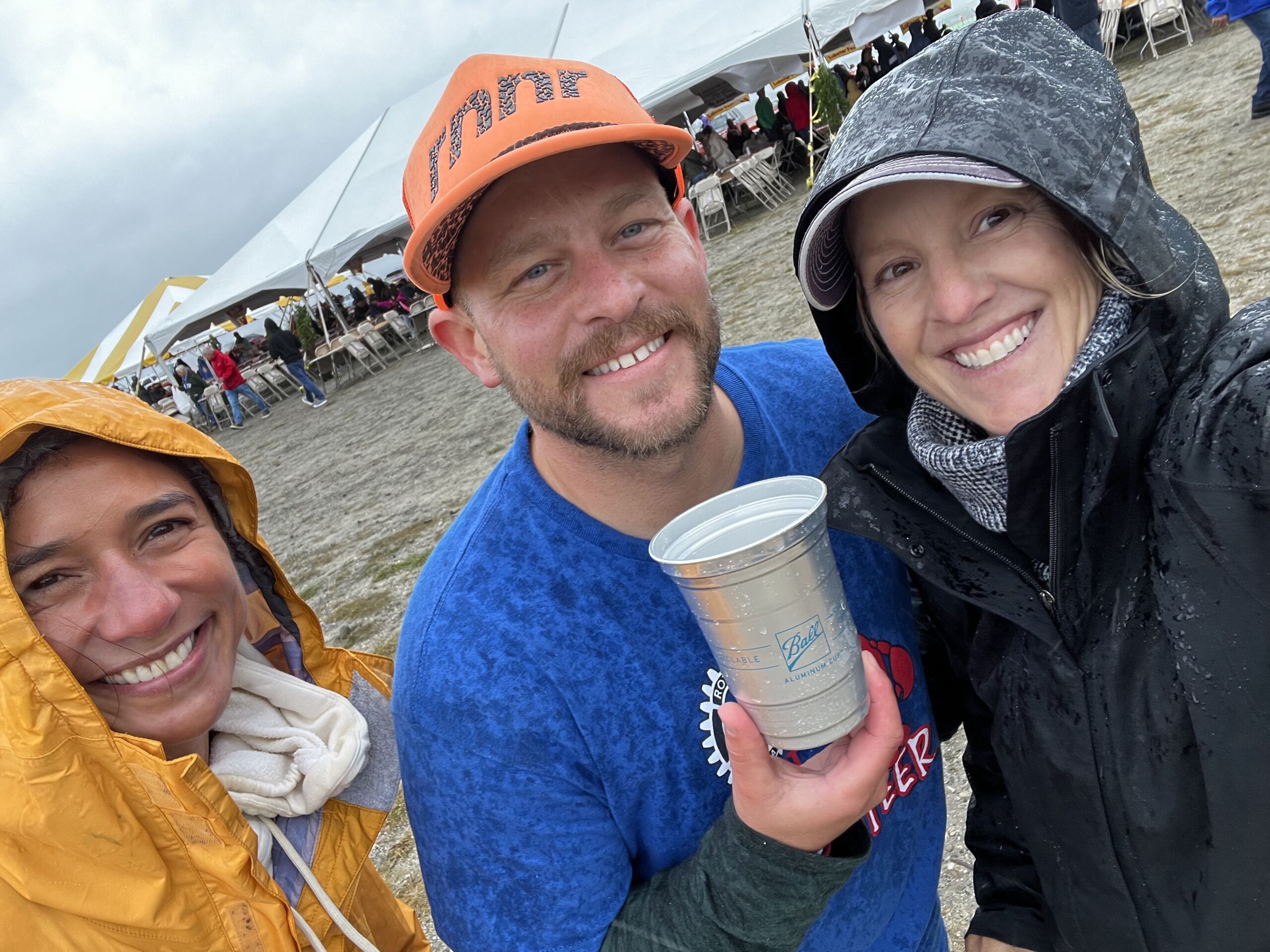NEWS
Sustainability Win: Westport Lobsterfest Introduces New Sustainable Practices

This past weekend marked one of Westport’s most beloved community events, the annual Westport Rotary Lobsterfest. Over the past few months, Sustainable Westport partnered with event organizers to implement eco-friendly event practices to help reduce waste, protect the environment, and preserve natural resources.
Zero Waste Stations: Our Zero Waste Stations, manned by Sustainable Westport, SLOBs (Staples Service League of Boys), and Rotary volunteers, helped advise and educate event attendees about their waste choices: COMPOST, RECYCLE, or INCINERATE (Trash). Partnering with Curbside Compost, the event helped divert 1.5 TONS of food waste (including MANY lobster carcasses) from the incinerator.
Aluminum Can Recycling: For the first time ever, Lobsterfest offered onsite recycling for aluminum cans. The small change of simply offering labeled recycling bins onsite resulted in HUNDREDS of cans being recycled. Now, that aluminum, which is infinitely recyclable, will be repurposed into new aluminum products rather than ending up in the incinerator. Not to mention, the Rotary will also redeem the bottle deposits for additional revenue!
Reusable Tin Cups: In addition to offering onsite recycling, Lobsterfest also invested in reusable Ball aluminum cups instead of the traditional throw-away plastic cups. The cups were used to serve beverages and were collected as event attendees headed home to be washed and reused again next year. Over time, event organizers expect this new process to reduce waste and save money on unnecessary disposables.

Sustainable Westport Co-Directors Jo Martell and Gately Ross with Lobsterfest Chair Alex Cohen, who is holding one of the event’s reusable aluminum cups.
Thank you to the Westport Rotary and our wonderful volunteers for your partnership and commitment to making their event both successful and more sustainable!
Want more information and resources on how to make your at-home event more sustainable? Click here to read our guidance on sustainable hospitality.